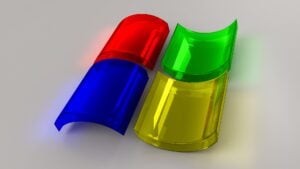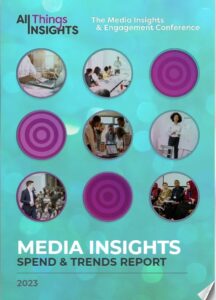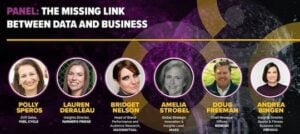The concept of global circumnavigation was not novel in 1872, as Magellan was thought to have done it in four years from 1519-1522- but supposedly he didn’t even make it. Three years after “Around The World in 80 Days” was written, it still took Joshua Slocum just over three years to achieve the feat from 1895-1898. So to do so in 80 days, albeit by land- was a fantastical hypothesis at the time.
A century-and-a-half later, humanity had experienced myriad technological and physiological advances. Circumnavigating the globe on a bicycle had been achieved- the record stood 276 days. Beaumont wanted to beat that record. Using metrics based on his output, Beaumont figured he could best the mark and do so in under 200 days. With his math in hand, he still “had a hard time convincing anyone this was possible,” as we discussed in a conversation.
But it was- and he did, yet he wasn’t satisfied. For his second effort, using modern advances, he realized that he could achieve the feat within the original Jules Verne transcript of 80 days. And he did, in 78 days, 14 hours and 40 minutes.
To achieve the goal, he made it more difficult on himself, the primary beneficiary of the work. But he didn’t do it by himself, he had a team that helped him. He built that team with an understanding of his own “limitations of capacity and skill set.” So, what if a business employed modern macro-innovation means of ease of use, automation and amazonification for the team but made it more difficult on the primary beneficiary of the work- the customer?
That’s essentially what TMRE Keynote and Best-Selling Author, Soon Yu asks the community. His focuses on EMBRACE- or, the seven virtues of good friction- E xclusivity, M eaning, B elonging, R apport, A ssurance, C ompetence, and E ngagement.
Yu offers that employing each virtue drives desire and loyalty. It’s based on an epiphany, “the world is running rapidly toward this idea of becoming seamless and frictionless. But when it comes to signature experiences, if you’re too seamless, if you’re too frictionless, you become forgettable.”
Forgettable is pretty bad, but that’s when you have had the opportunity. Yu points out that, “oftentimes when I’m searching on Amazon, if things are going to take more than two or three days to arrive, I automatically don’t even look at those. I only look at the Prime ones.” Fighting the frictionless game might mean not even having an opportunity to transact business.
And so, if frictionless is possibly fruitless, how is good friction achieved? How about Yu’s EMBRACE philosophy?
Exclusivity: Think of the Bored Ape Yacht Club or NFTs in general- exclusivity is being offered through a market driven price point for BAYC. Brands are using NFTs within loyalty programs.
Meaning: Think of the double-bottom line B-Corps, Toms, Patagonia, The Body Shop, Warby Parker, etc. who donate when customers buy. While modern means help facilitate the ecosystem- the entire concept is more difficult on every stakeholder, including the customer- which provides meaning to all of the above.
Belonging: Think of the sharing economy, Uber and AirBnB to be specific. The means of automation and amazonification capture the behavior of initially using those services. But experiencing those services is also more difficult. The user has to try to be a good passenger, or guest, to ensure that the driver or host rates them well- and vice versa. To use the product is easy, but to experience the product is hard.
Rapport: Beyond the B-Corp, think about the concept of conscious capitalism, which in its best efforts, builds a relationship between a given company, the consumer and the world around us.
Assurance: Yu notes, “inconveniences can actually enrich the experience. Think about the idea of the double email verification when you’re trying to log onto your bank on a new device for the first time. It gives you a boost of assurance.”
Competence: Yu’s example, “A military force that’s even more exclusive, more difficult than the Navy Seals, Delta Force, which requires a lot of training to get that level of competence, where whatever they’re doing, it becomes second nature. There is good pain that does lead to good gain.”
Engagement: At 36:01 of the accompanying video, Yu showcases a fantastical conception of a ridiculously difficult customer experience where the reward is euphoric.
Yu’s EMBRACE philosophy highlights modern macro-innovations as the means to a friction-based, yet memorable, desirable experience for the customer and associated stakeholders. Mark Beaumont engaged in the friction-based, memorable and desirable experience of the first person to circumnavigate the globe on a bicycle in less than 80 days. That was an old concept, disrupted- using old tools, in a new way.
Contributor
-

Seth Adler heads up All Things Insights & All Things Innovation. He has spent his career bringing people together around content. He has a dynamic background producing events, podcasts, video, and the written word.
View all posts


































































































